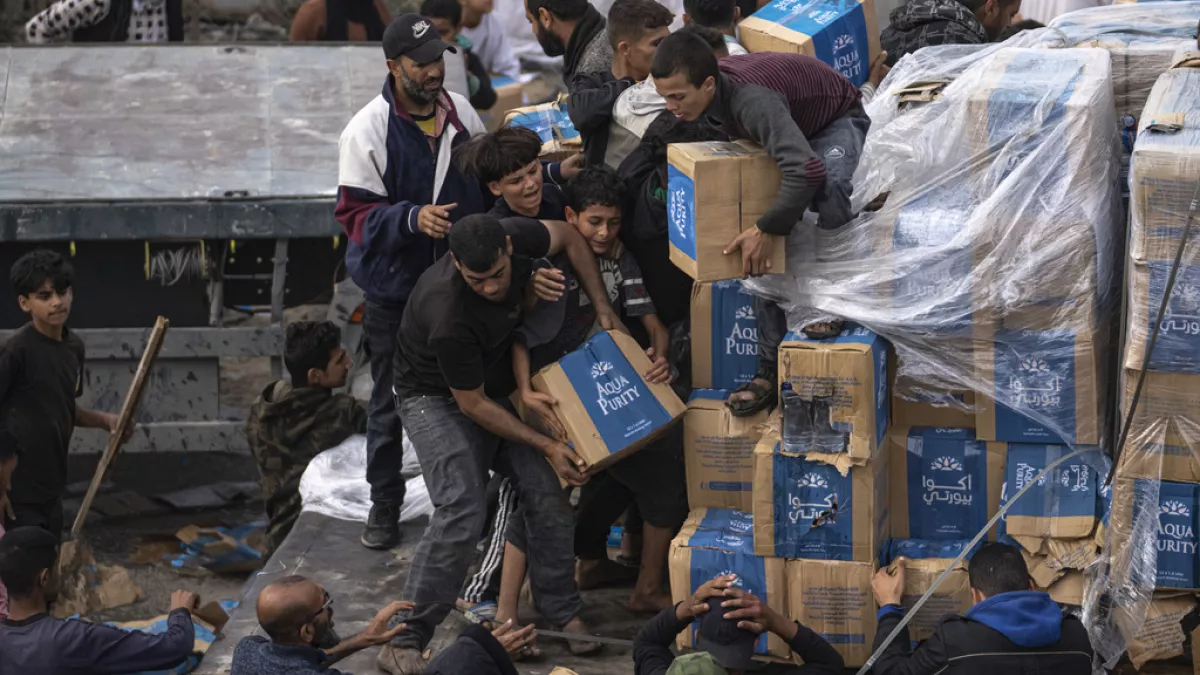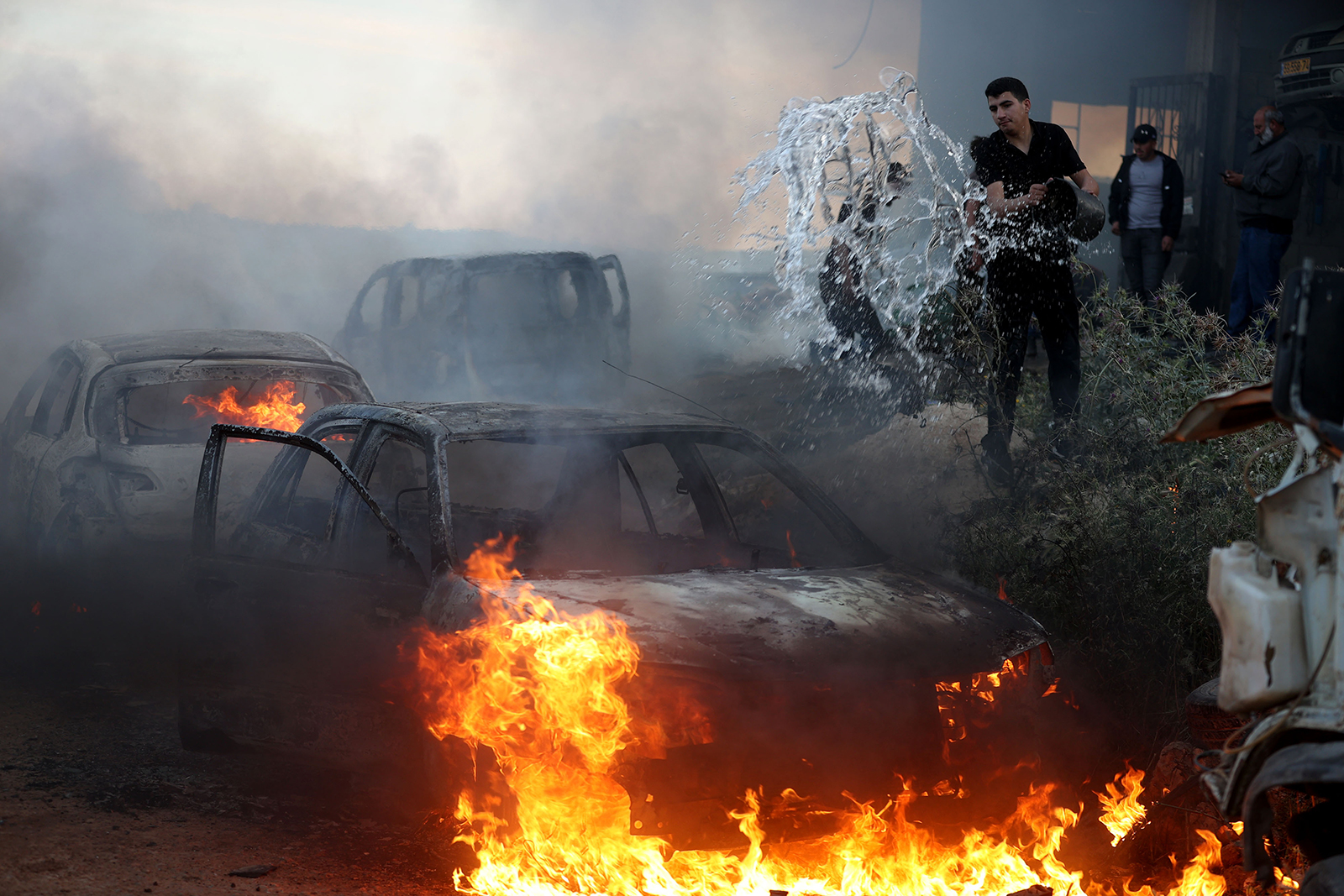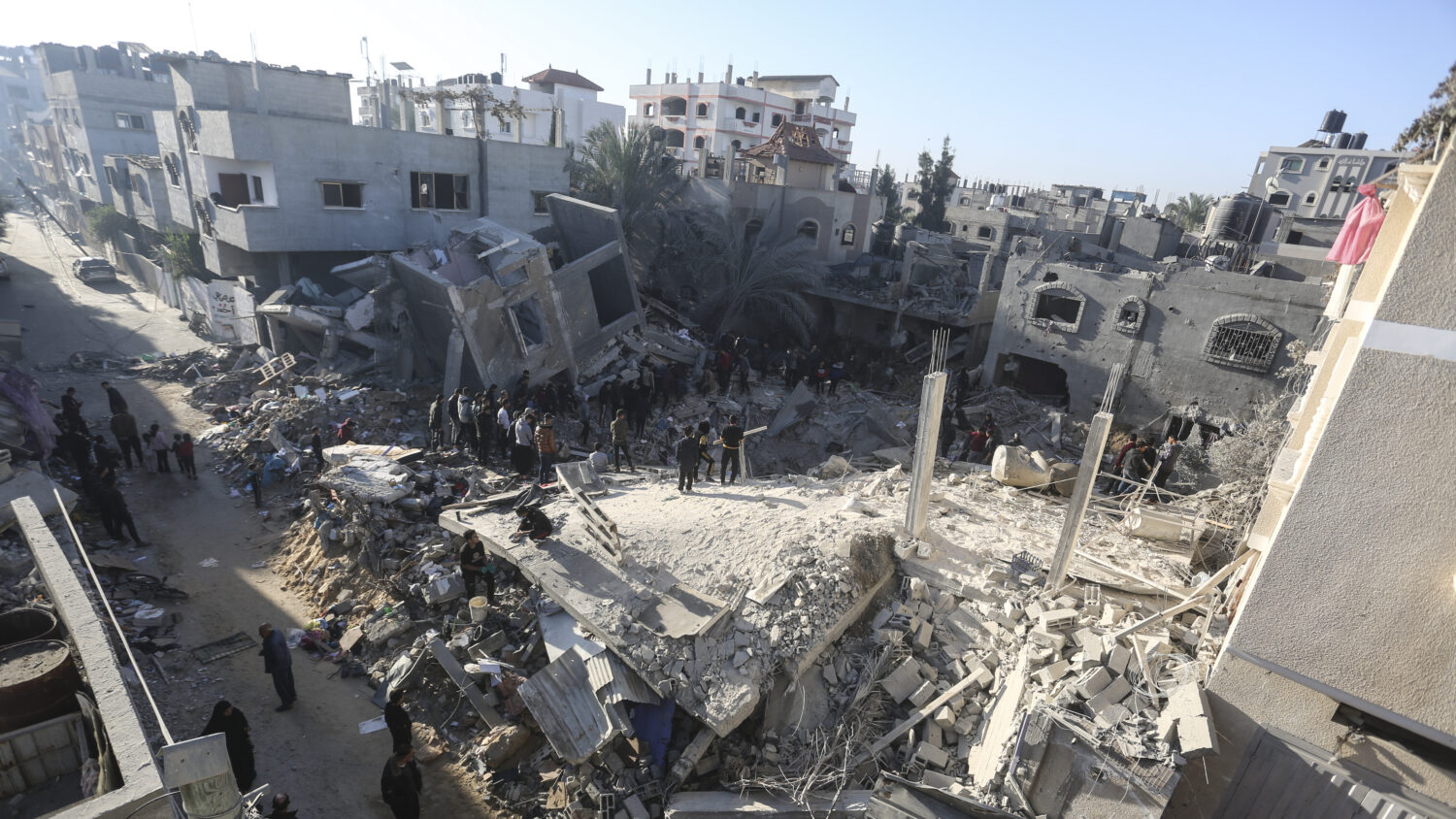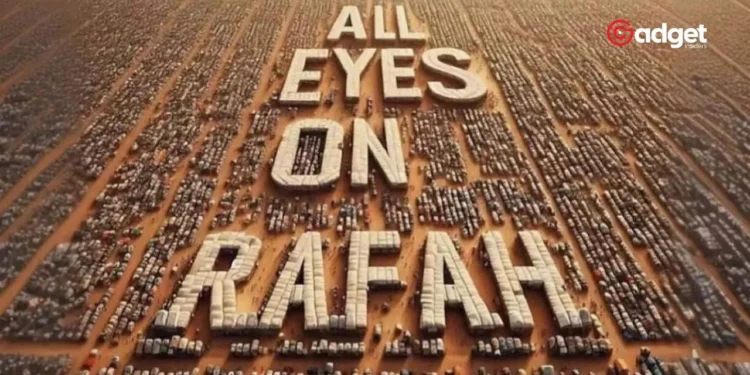In the midst of the ongoing conflict between Israel and Palestine, a rallying cry has emerged: “All Eyes on Rafah.” This phrase encapsulates a global plea for awareness and action in the face of the dire situation in Rafah, a city in southern Gaza. Historically marked as a ‘safe zone,’ Rafah has tragically transformed into a center of displacement and despair for many Palestinians due to the relentless attacks.

The Human Cost: A Tragic Account
The toll of the conflict is stark and devastating. Reports indicate that around 30,000 Palestinians have lost their lives due to the military actions initiated by Israel, with a staggering number of 13,800 children among those deceased.
The recent attack on a refugee camp in Rafah further exacerbated the sorrow, resulting in over 45 fatalities, including children. This harrowing loss of innocent lives has intensified the calls from the international community to halt the aggression and focus on the humanitarian crisis unfolding.
Amplifying the Call: Global Reactions and Responses
The phrase “All Eyes on Rafah” has transcended beyond just a call to attention—it has become a movement. In a powerful demonstration of solidarity, over 29 million people have shared a poignant image on Instagram, highlighting the plight of Rafah. Notables such as Nicola Coughlan, Bobbi Althoff, Alison Brie, Leah Williamson, Mary Earps, and Julia Fox have lent their voices to this cause, amplifying the message across different spheres.

Organizations like Save the Children and Oxfam have also stepped forward, utilizing their platforms to demand immediate action. Save the Children issued a blog post advocating for a “Ceasefire Now” and urging for unrestricted access to humanitarian aid. Similarly, Oxfam’s infographic stresses the desperate situation with a potent question: “Where are 1.4 million people supposed to go?” alongside a clear call for a ceasefire.
Medical and Humanitarian Perspectives
The international health community has not remained silent. Dr. Rick Peeperkorn, a director at the World Health Organisation for the Occupied Palestinian Territories, emphasized the critical nature of the situation in February, stating, “All eyes are on Rafah.
We all watch the news and we all get the stories about this possible incursion and military activities are getting closer.” His words serve as a grim reminder of the challenges faced by those on the ground and the pressing need for an informed and empathetic global response.

Conclusion: A Unified Vision for Rafah
As “All Eyes on Rafah” continues to gather momentum, it serves not only as a reminder of the ongoing crisis but also as a call to the international community to not look away. The demand for a ceasefire and the ability for humanitarian aid to reach those in need has never been more critical. It is a call for humanity to stand together, to bear witness, and to act decisively in the face of overwhelming adversity.










